Homesteading is a wonderful adventure into sustainable living that you can do almost anywhere. Whether you live in the countryside, the suburbs, or even the city, there are homesteading practices you can pick up and master.
The goal of homesteading is to focus on things that can be used in your own home, everyday life, and cooking. Of course, if your homesteading takes off and you produce more than you can use, you can also take whatever you produce to the local farmer’s market or share it with your community.
In this blog post, we’ll discuss what you should consider before you start, homesteading ideas that are perfect for beginners, and what you should avoid.
Start With Asking Yourself Why
Why are you looking up small homestead ideas? Is it because you want to live more sustainably? Is it because you want to produce more of the food you eat and not rely as heavily on grocery stores? Or is it because the idea of nurturing the land and possibly small animals excites you?
It’s important to know why you’re interested in homesteading before you start. You need to have a clear vision of what you want and what you’re willing to do to get there.
Homesteading is a big undertaking and requires commitment and focus. That’s why it’s crucial to have a plan from the start.
You can change those plans as you go along and decide what works best for you, but you need to have an overall vision for your homestead from the very beginning.
8 Homesteading Ideas You Should Start With (and Why)
1. Gardening
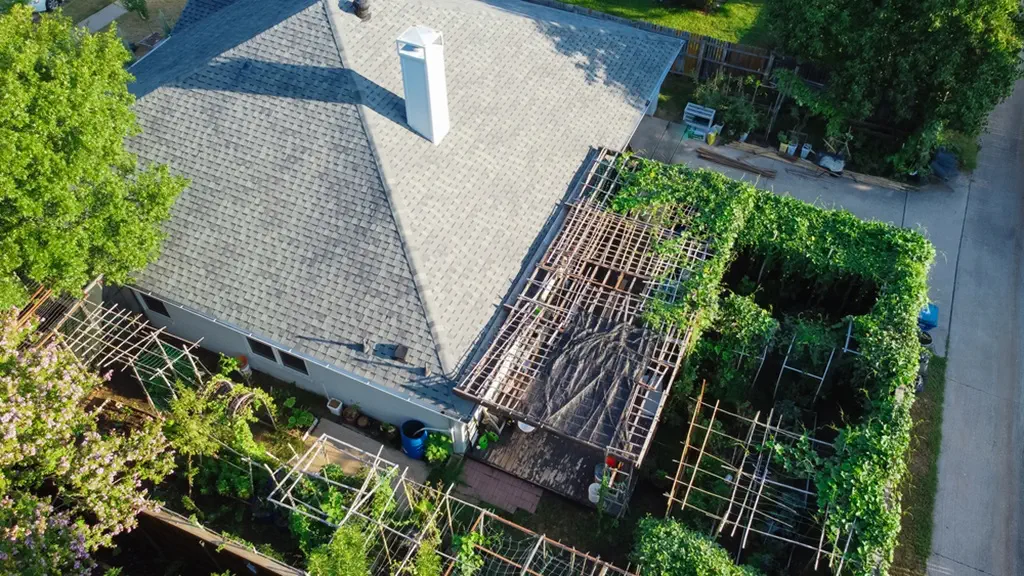
Gardening is perfect for urban homesteading as you can start with as little as a balcony space or a community garden. It lets you test out your green thumb with smaller projects and see how much you can accomplish.
Gardening should never be overlooked, as you can make your space beautiful while also providing for the local bee population.
If you want to expand in the future, you can even begin selling flowers at your local farmer’s market or to neighbors who are looking for something pretty for their homes.
Just make sure to pick out plants and flowers that are naturally supposed to be in your area and aren’t going to throw the local ecosystem out of balance.
Cost
The cost of starting a garden all depends on the size of the land you plan to use (or if you’re just using your balcony).
You’ll also find that some plants and flowers are cheaper and easier to maintain and grow than others.
The cost of your garden can really depend on your budget and you can choose to grow a beautiful garden without spending too much money.
To begin with, topsoil can cost around $12 to $55 per cubic yard. Heirloom seeds generally cost around $3, and plants and trees will vary from $150 to $3000.
Can you make money off a garden?
Yes, if you have a successful garden, you can sell flowers and plants as they grow. Gardens always seem to have additional produce in the summer, and people are generally eager to get the freshest produce available.
If you have a local farmer’s market, that’s a great place to get started. If not, you could always advertise to your neighbors that you have plants and flowers available for purchase.
2. Edible Landscaping
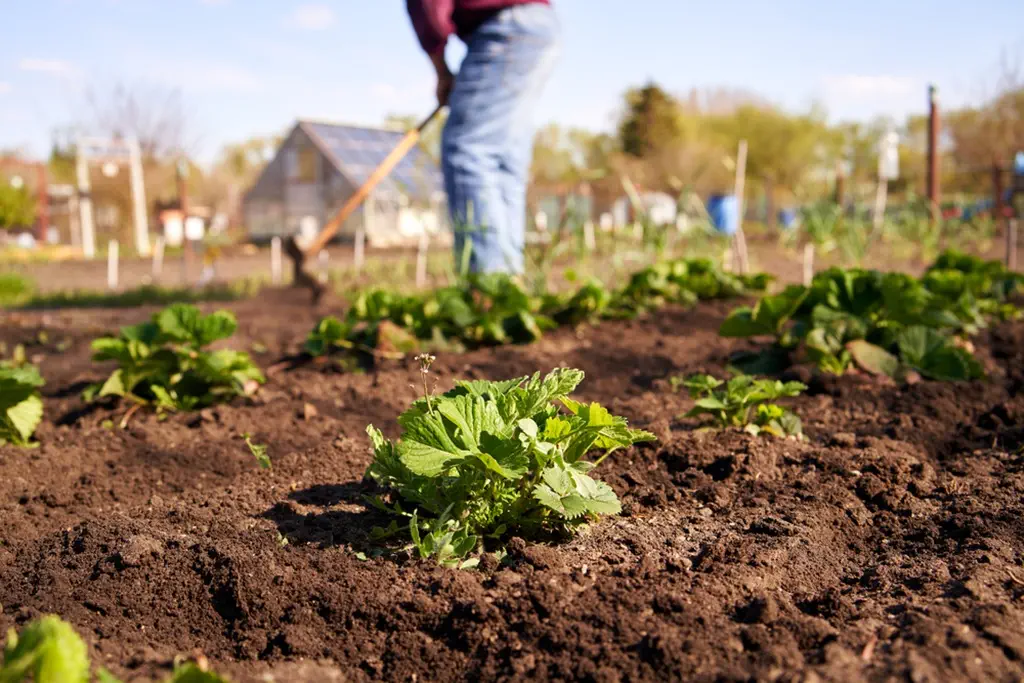
If you’re looking for backyard homesteading ideas, then you can’t go wrong with edible landscaping.
Producing your own herbs, fruits, or vegetables is a great way to introduce sustainable living into your home and begin your homesteading journey.
You can start with a smaller herb garden if you don’t have much space. But if you have a larger backyard, there’s no limit to what you can do with vegetables like tomatoes, carrots, cabbage, spinach, and more.
Fruit trees, berry bushes, and low growing vines, such as strawberries, make beautiful landscaping that is also practical. However, if you plan to plant fruit trees, you need a long-term plan because it can take years before you see the results.
Cost
With growing vegetables, your costs start with soil and pots or containers, depending on whether you’re growing them in containers or in the ground.
Then you have the cost of seeds or started plants. If you are brand-new to gardening, I would recommend buying started sets. If you’ve done that before and have a good place with lots of natural light, you can purchase seeds and start your own plants to save money.
If you join a community of people who grow their own vegetable gardens, you can swap seeds rather than buying them.
You also need to consider the cost of pest control and fertilizer as this is an ongoing expense when you grow vegetables.
You can start a small vegetable garden for as little as $204.
Can you make money off edible landscaping?
Of course, you can sell the vegetables you sell at markets, to friends and family, and through community groups.
If you have a reliable crop, you can build up a loyal customer base within your area, using that money to grow your homestead.
3. Medicinal Gardening
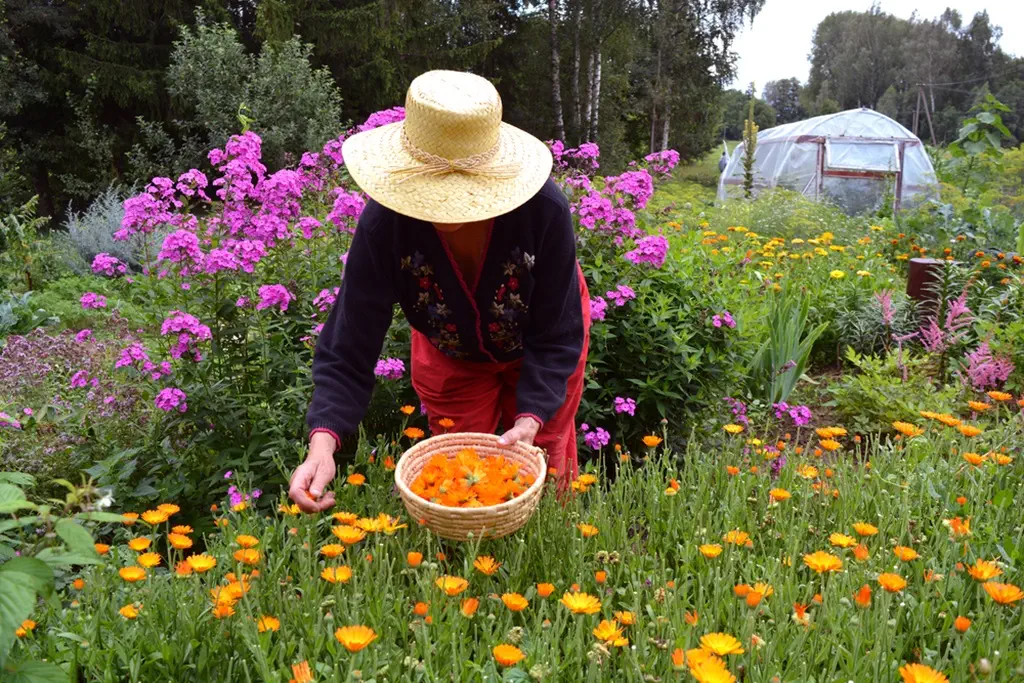
Why go to a chain-owned drugstore to get medicine when you can pick it fresh from your own garden?
There are so many herbs and remedies that you can grow in your own garden and turn into healthy tinctures to cure headaches, ease stomach cramps, and prevent nausea.
For example, dandelions might be considered a common weed, but they actually have many health benefits when made into tea or wine or picked young and fresh and added to a salad.
Of course, you will need to do your research and possibly take some classes to ensure you’re using the right plants.
Medicinal gardening is a healing way to use the space you have for urban homesteading.
Cost
The cost of starting a medicinal garden isn’t that different from starting a regular garden. You simply need to choose which plants you want in your space.
You can even join a community of medicinal growers who swap seeds and save money on buying seeds from a nursery. You’ll also get some helpful information at the same time.
You can buy a medicinal and herbal indoor herb garden starter kit for as little as $23.32.
Can you make money off medicinal landscaping?
There are tricky laws about what you can and can’t market certain medicinal products as. If you’ve found that something works and you’ve done your research, you could look into the law in your area and decide whether to sell it.
Alternatively, these plants can always be simply marketed as edible herbs without making medicinal claims.
4. Herbs
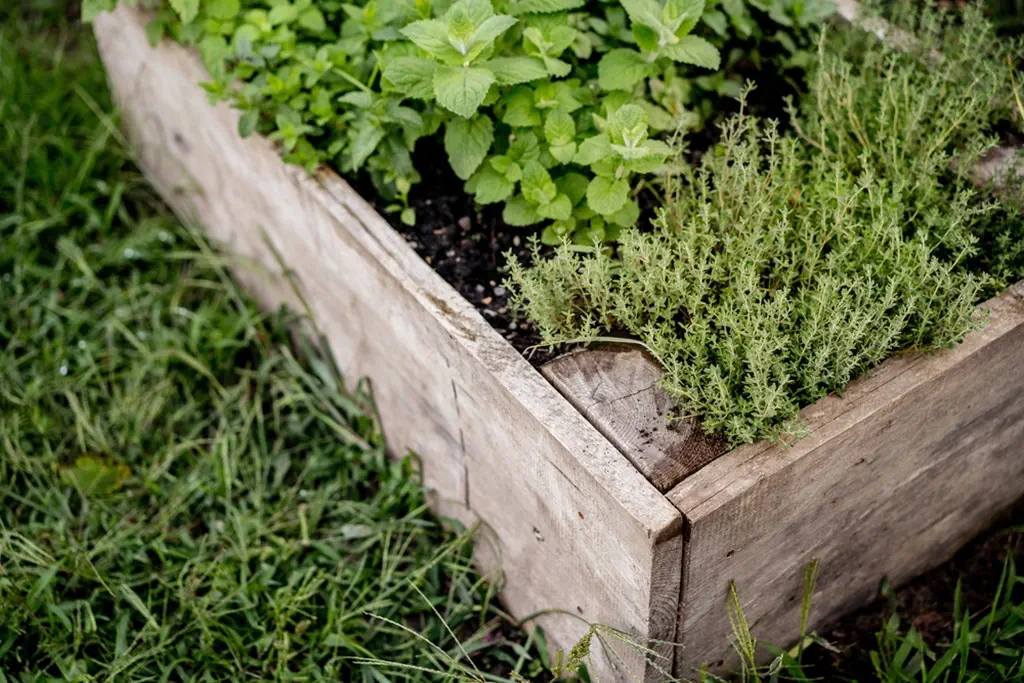
Herbs are quick and easy to grow, and you don’t need a lot of space, so they’re perfect for urban homesteading.
You can start with as little as some seeds, soil, and a spot with some natural light. You don’t even need a balcony, you can do this in a window.
If you’re only getting started, you can buy a grow box and simply follow the simple instructions. You’ll have delicious, healthy herbs in next to no time.
Just make sure to put them in a space where you won’t forget about them. They may be easy to grow, but if they’re neglected, they won’t thrive.
Cost
Growing herbs is quite inexpensive as they don’t need much to grow and survive. You only need the seeds, good soil, and a container or pot.
A good selection of herbs could cost you around $40.
Can you make money off herbs?
Yes, you can sell your herbs at a local market, through community groups, or to friends and family.
Because they grow quite quickly, you’ll have a regular supply to meet demands.
5. Mushrooms
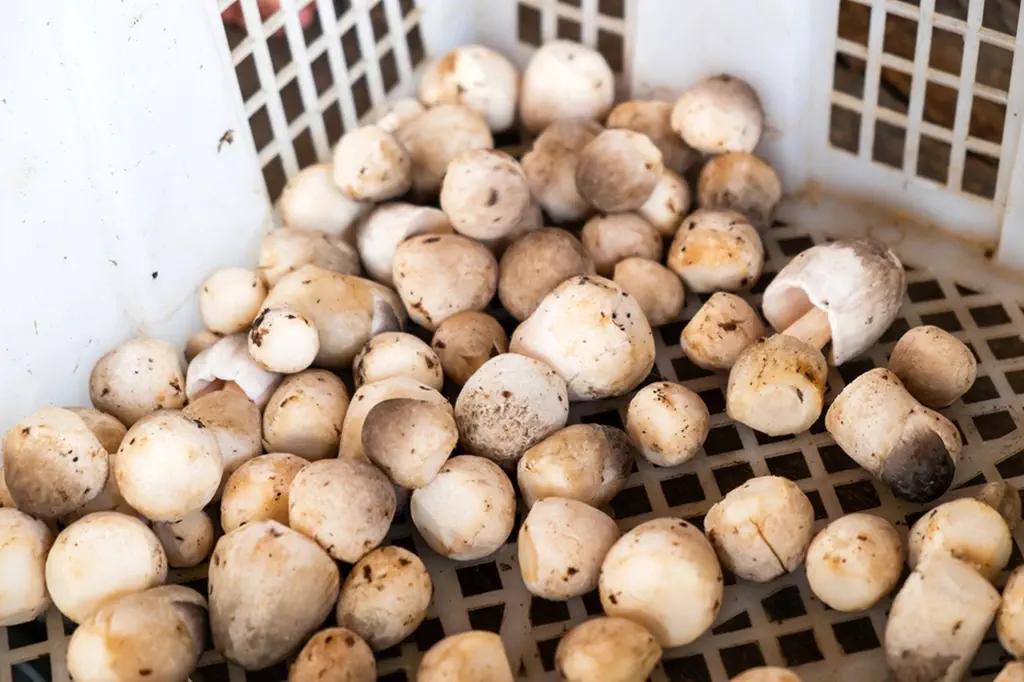
Mushrooms grow incredibly quickly and can be a wonderful thing to grow in a smaller space.
They’re perfect if you want to produce food that you can use at home on a regular basis, as they’re great for pastas, stews, soups, and more.
You can easily go out and buy growing kits for different types of mushrooms. That way, you’ll be sure that you know exactly what type of mushroom you’re dealing with.
If you already have mushrooms growing in your garden and are considering foraging, we strongly suggest doing your research and taking some classes to determine the type of mushroom to avoid poisoning.
Cost
You can buy mushroom grow kits for around $30 to $60, depending on the type of the mushroom you want to grow and the area that you live in.
Grow kits come with everything you need, so you don’t need to spend anything else to start your mushroom-growing adventure.
You can buy a full mushroom grow kit for around $30 to $40.
Can you make money off mushrooms?
Yes, mushrooms are popular at farmers’ markets around the country. And because they grow quite quickly, if you grow enough at one time, you’ll have a regular supply and be able to build up a loyal customer base.
6. Compost
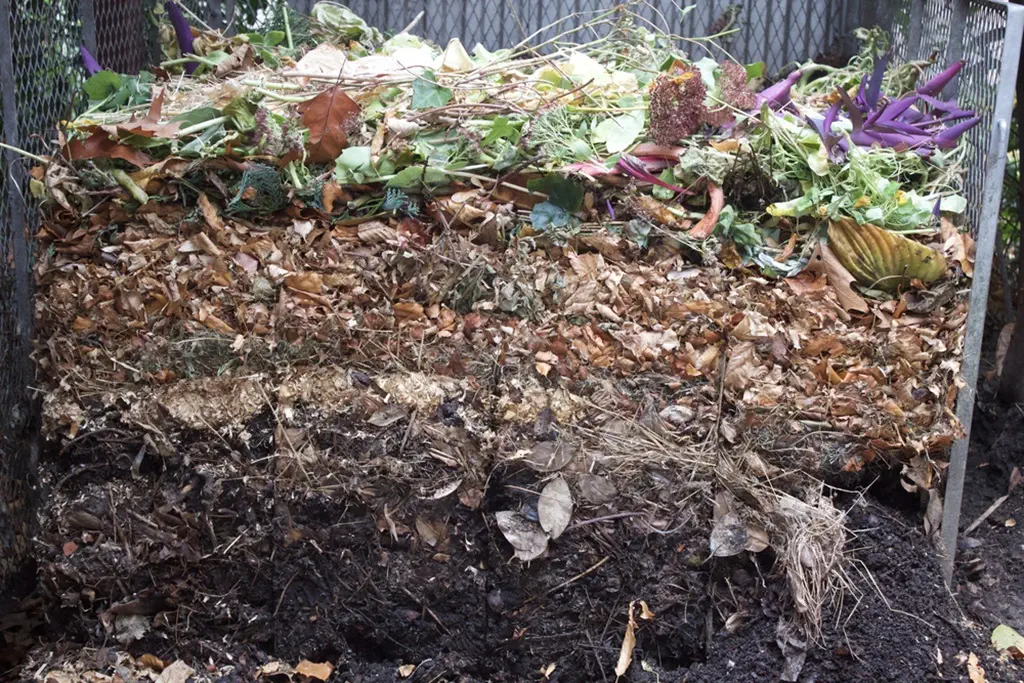
If you’re looking for small homestead ideas that you can start right away, composting is for you!
It may seem complicated at first, but it’s honestly not, especially not when you get the hang of it. Composting will soon become part of your routine and you’ll find it easier and easier to keep up with.
If you have a backyard, you can use worms and turn over your compost heap regularly. But if you don’t have space outside, you can have an indoor compost system that doesn’t use worms and reduces odors.
Composting is an important part of homesteading and sustainable living as it helps you nurture your own soil and reduce food waste.
Cost
Compost is cheap to make as you’re using your own food waste and (oftentimes) worms. All you need to invest in is the knowledge of how to start and possibly some worms.
However, starting out, there are things you will need to buy to help you on your journey. This can cost you between $110.50 and $284 for backyard composting.
Can you make money off compost?
People will often times purchase compost as a soil amendment or potting soil. This can be a viable business venture with the right clientele.
7. Bees
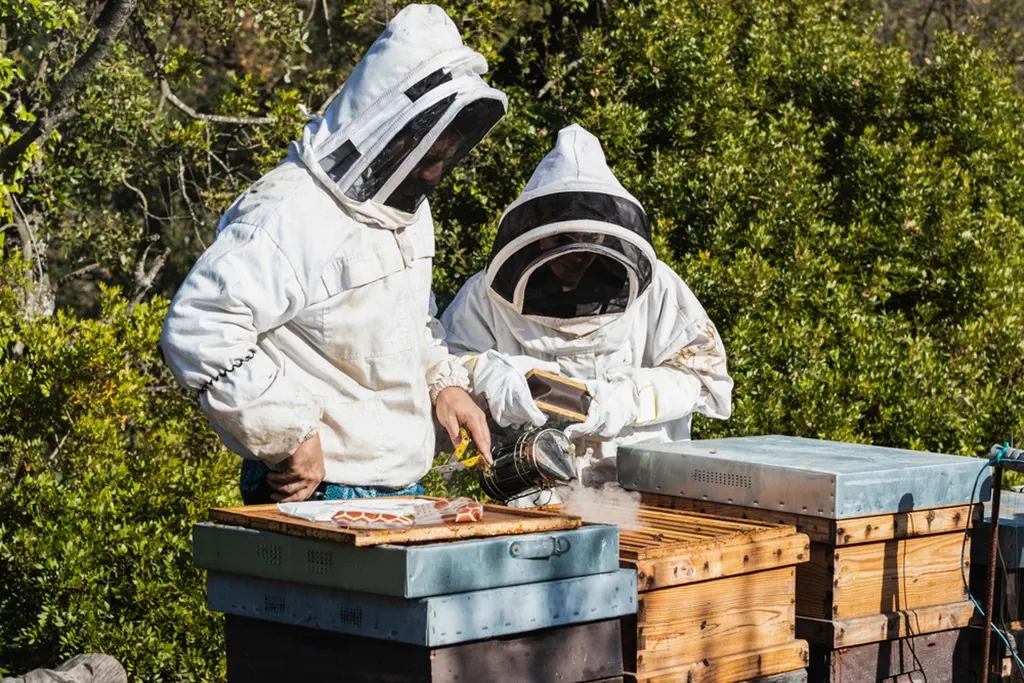
When it comes to backyard homesteading ideas, many people are hesitant to start beekeeping. But they shouldn’t be.
Bees usually don’t sting or attack unless disturbed or disrupted.
Beekeeping is so valuable for the environment and the local flower population. And it can be incredibly rewarding, especially if you personally use honey or want to sell it at a local farmer’s market.
Of course, you will need training before you decide to take up beekeeping. This is not something you can choose to do on a whim. It comes with a lot of responsibility.
Cost
Beekeeping is an expensive homesteading activity. You need to invest in proper equipment, and there are no shortcuts.
If you’re interested in beekeeping, we suggest that you take your time to build up the resources you need to create the right hive environment and, of course, have the correct protective gear.
In total, you’re looking at spending $800 on one hive for the first year.
Can you make money off bees?
Yes, organic honey is a popular product at markets and there’s often a demand for it.
Although it does take an investment to get started, you should be able to make the money back through selling honey.
8. Small Livestock
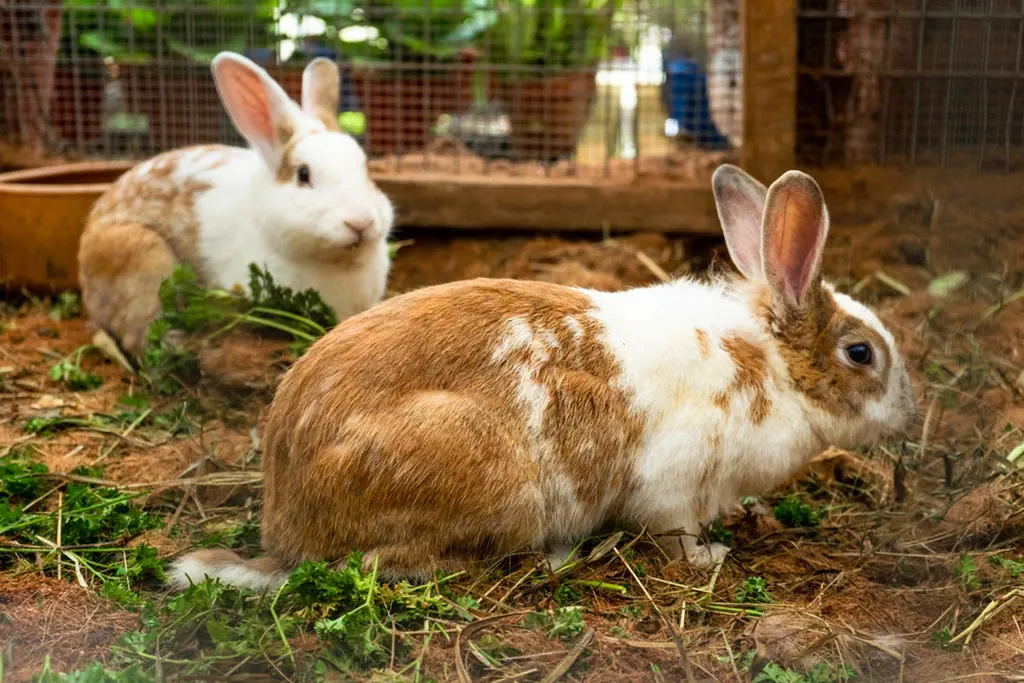
If you have a larger area of land and you’re looking for backyard homesteading ideas, then small livestock may be something to think about.
Chickens are a popular choice because they are small and easy to care for. However, you likely can’t keep roosters, especially if you have neighbors nearby.
If chickens are too noisy for you and you’re looking for another small option, you can always go with rabbits. They breed easily, are relatively quiet, and, well, they’re cute as well.
You don’t necessarily have to stick with land animals, either. You can also go for aquaponics — a combination of fish tanks and gardening.
Just make sure to check out your local regulations before you invest in any small animals or fish.
Cost
Having livestock on your homestead can be expensive. You need to build enclosures (or fish tanks if you go with aquaponics) and provide them with suitable feed.
There are also going to be vet bills to consider and ongoing care for the small animals or fish.
For five chickens, after the initial investment in the birds and housing, you’re going to end up spending around $20 per month. For rabbits, you’re going to pay around $25 per month on hay, pellets and fresh food. Aquaponics is a lot more expensive, ranging from $5000 to $50,000 to get started.
Can you make money off small livestock?
If you were to sell eggs or breed chickens, rabbits, or fish, you could make money.
However, when it comes to chickens, you need to check whether you can have a rooster on your property.
You also need to look into local regulations on livestock before making any plans.
What to Avoid When Starting Out
Larger animals
If you’re reading up on backyard homesteading ideas, that may mean you’re relatively new to the community.
And there’s one thing we advise new homesteaders against, and that’s going all in and investing in larger animals before they’ve had time to gain some real homesteading experience.
Larger animals, especially dairy animals, are not for beginners. They take a huge amount of time, money, and commitment to get situated. And if you make a mistake, it’s not like a garden where you can start over easily.
Taking on too much too soon
Whether you’ve got a larger plot of land or are starting small-scale urban homesteading, you should never take on too much in the beginning.
Start with one or two things and then, once those are successful, you can expand onto other projects.
Taking on larger-scale projects all at once without much experience could easily overwhelm you, and you could end up wasting any time and money that you have invested in your homesteading journey.
Not doing enough research
Whether you’re gardening, growing vegetables, or raising chickens, you need to do your research.
You need to know what you’re dealing with to make sure you’re successful in the long run. Doing proper research isn’t difficult in the age of Google, and you can easily find resources online that will help you start your own homestead.
Failing to research could result in wasting resources, which is the opposite of what homesteading aims to do.
To Wrap Up
Homesteading is truly a special experience, and we hope that you find success with it. You might find that it can be difficult in the beginning, but with practice and patience, it will become easier.
Remember to start small and work your way up with a vision in mind and a plan in place.
Want to find out more about how to start your own homestead? Join our upcoming workshop, where we’ll give you all the information you need!

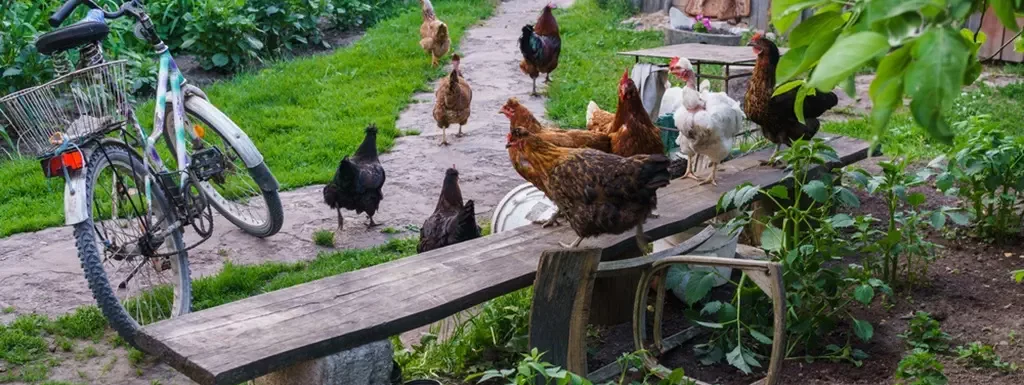
Leave a Reply